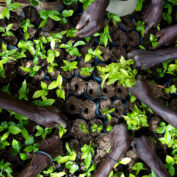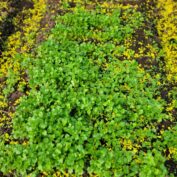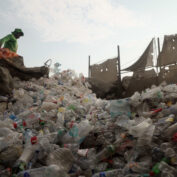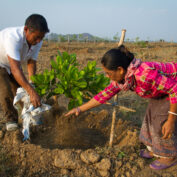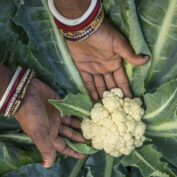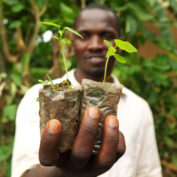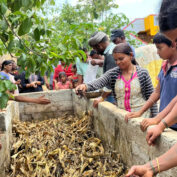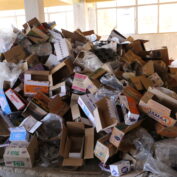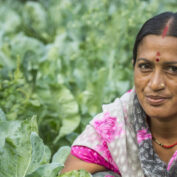Blue Economy and Poverty Alleviation: A Photo Story
Our monthly photo series highlights the beauty and emotion in the lives of our clients around the world. This month’s photos illustrate the important role that the blue economy plays in lifting people out of poverty.




